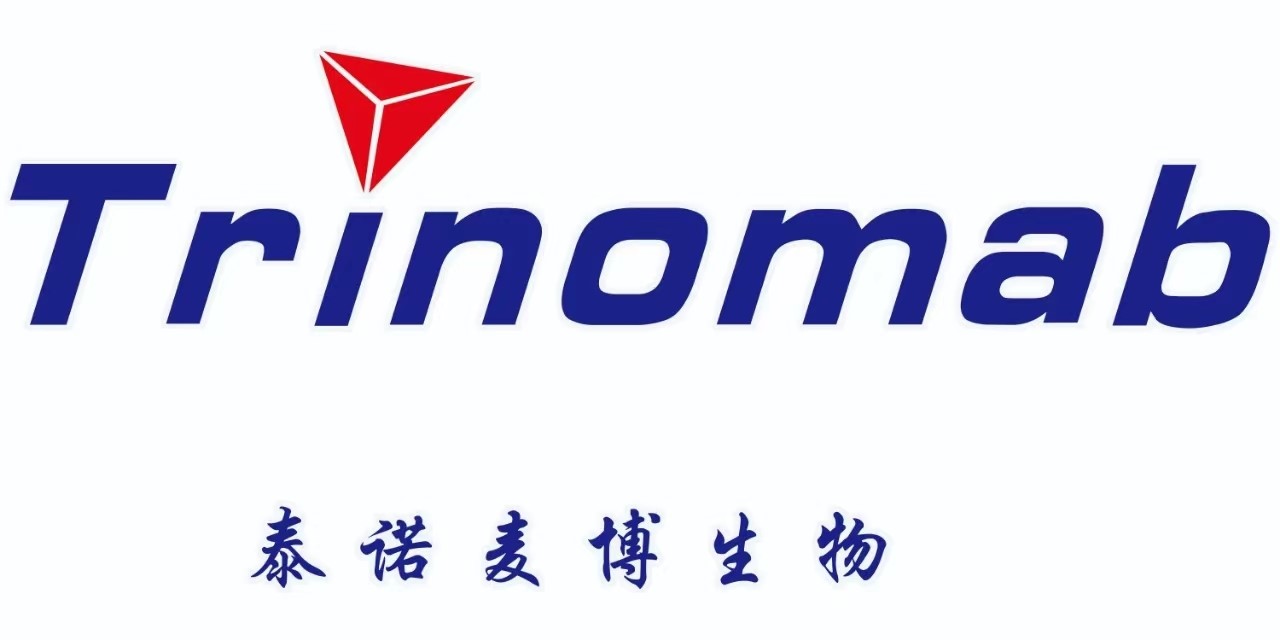On November 23, 2022, Zhuhai Trinomab Biotech Co., Ltd., a biotech company focusing on innovation, research and development of fully native human antibodies as drugs, has announced the initiation of TNM002 injection (anti-tetanus toxin human monoclonal antibody) efficacy study in patients at risk after exposure to C. tetani as results of tetanus-prone injury in China (CDE registration number: CTR20223067).

This is a multicenter, randomized, double-blind, parallel and positive-controlled phase III clinical trial to compare TNM002 injection with human tetanus immunoglobulin (HTIG) in the efficacy and safety of passive immunization to prevent tetanus in patients without sufficient immunity at risk after exposure to C. tetani as results of tetanus-prone traumatic injury.
Phase I trial of TNM002 injection has been first completed in Australia and followed by a phase I bridging trial and a phase II clinical trial in China. The results of Phase I and Phase II clinical trials showed that TNM002 injection was safe and well tolerated, the overall incidence of adverse events was similar to that of the placebo group, and the anti-tetanus toxin antibody in receipts could quickly reach to and maintain at sufficient high serum level of antibody for tetanus protection after a single dose administration of TNM002 injection.
Dr. Wang Wanmei, Chief Medical Officer (CMO) and Senior Vice President (SVP) of Trinomab, said: “TNM002 was the first product from Trinomab entering clinical trials and results of the phase I and II trials were just as good as we expected. The initiation of the phase III clinical trial is a major milestone in the overall program of the research and development of new drugs in Trinomab. TNM002 has been granted as Breakthrough Therapy designation by China CDE and Fast-track designation by US FDA. To accelerate the clinical and commercialization process of the world's first new recombinant monoclonal antibody for tetanus prevention, the phase III clinical trial of TNM002 injection will be carried out in about 30 research centers. We are confident that in the near future, the outcome of the phase III clinical trial of TNM002 will no doubly facilitate the development and approval of TNM001 as an effective new drug in substitution of TAT and HTIG for prevention of tetanus , which will provide a better choice for prophylaxis against tetanus and bring benefit to our patients.”
About tetanus and TNM002
Tetanus is caused by tetanus toxin secreted by Clostridium tetani as results of open wound injury. Spores of tetanus bacteria are found everywhere in the environment, including soil, dust, and manure in anaerobic environment. The spores develop into bacteria when they enter the body. To prevent tetanus for individuals at risk after exposure to C. tetani as results of tetanus-prone injury, passive immunization treatment by antitoxin is needed. The passive immunization currently used in clinical practices for the prevention and treatment of tetanus includes equine tetanus antitoxin (TAT) and human tetanus immunoglobulin (HTIG). However, as an immunoglobulin derived from horse serum, TAT is prone to cause allergic reactions (5% -30% allergic reaction rate). The main clinical manifestations are anaphylactic shock and serum sickness, and "skin test" is needed before clinical use. It was reported in the literature that 14.1% of the patients with positive skin test still had allergic reaction and 1.2% had anaphylactic shock during desensitization injection. Because of its high incidence of adverse reactions, developed countries such as Europe and the United States have banned TAT use since the 1960s. HTIG has little allergic reaction but it is limited in supply with potentail risk of transmitting known (e.g. AIDS, hepatitis B) and/or unknown blood-borne pathogens. In addition, plasma supply shortage along with other factors limits HTIG production and clinical use. Thus, use of TAT is still dominated in low income and populous countries or regions such as China, India, Southeast Asia and Africa.
TNM002 is an anti-tetanus toxin neutralizing native human mAb generated by using Trinomab’s proprietary platform technology (HitmAb®) from a human volunteer who acquired immunity through tetanus vaccination. Pre-clinical studies have demonstrated that TNM002 possesses an excellent neutralizing capacity against tetanus toxin with potency of approximately 1mg equivalent to one vial of 250 international units of HTIG, yet no significant toxicity and adverse effect even in high doses in animal models. The existing clinical data indicated that TNM002 injection was safe and well tolerated. TNM002 is expected to replace the clinical application of TAT and HTIG, which is more efficient, safer, suitable for large-scale production and more accessible for clinical use.
About Trinomab
Trinomab Biotech Co., Ltd. is a clinical stage biopharmaceutical company with a global expansion perspective. The company is mainly engaged in R&D of novel fully native human mAb drugs. The core technology of the company is known as the fourth-generation antibody technology HitmAb®, a proprietary technology platform featuring differentiated advantages and high efficiency for the discovery of fully native human mAbs as therapeutics against infectious diseases, autoimmune disorders, malignant tumors and other human diseases.
TNM001 injection (anti-RSV long-acting monoclonal antibody) and TNM002 injection (anti-tetanus toxin monoclonal antibody), the core products of Trinomab have entered the clinical stage one after another. It is worth mentioning that TNM001 and TNM002 have obtained IND approvals in China and the United States. At present, TNM001 is in clinical phase Ib/IIa; TNM002 has officially entered phase III clinical trials, and has obtained the Breakthrough Therapy of CDE in China and the Fast Track Designation of FDA in the United States. In addition, a number of products are in the IND stage, with multiple early development projects are under continuous research and development.